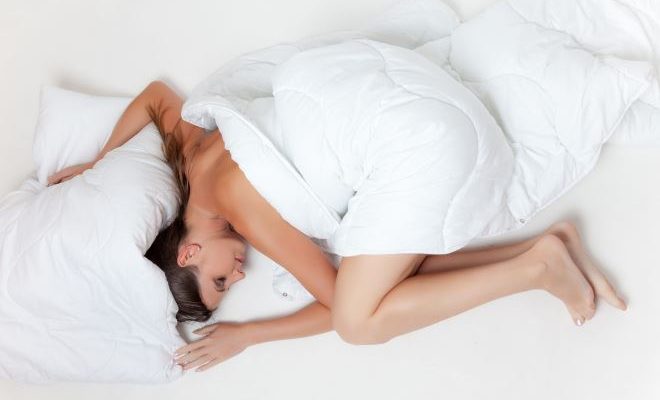
Health x Wellness
Here’s How to Get A Better Night’s Sleep
Here are some tips to cope with sleep deprivation and deal with tiredness effectively.
Getting enough sleep should always be a priority. Failure to do so can affect your performance the next day, making you feel stressed and anxious at the same time. If you want to develop better sleeping habits, take action now before it’s too late.
How Much Sleep Do You Need
According to an experiment conducted by University of Pennsylvania and Washington State University researchers, individuals who slept for 8 full hours a day in 2 weeks displayed no attention lapses, cognitive decrease and motor skill decline.
Individuals who got 6 hours of sleep showed a steady decline with each passing day while those who only got 4 hours of sleep performed the worst.
Overcoming Sleep Deprivation
- No Caffeine
It is recommended to get rid of caffeine in your diet if you’re having a hard time sleeping at night. In case you really can’t go without your latte or kopi, drink it earlier in the day so you have enough time for the caffeine to wear off before bedtime.
- Exercise
Working out regularly will help our body and brain achieve better rest at night. Being fit makes it easier to develop healthy sleeping patterns. However, avoid exercise two to three hours before bedtime as you might be too wired to sleep and contribute to your sleep deprivation instead.
- Set a Bedtime Routine
Get your body used to sleeping and waking up at the same time. This includes weekends since keeping the same sleeping schedule avoids disrupting your sleep-wake rhythm.
- Don’t nap after dark
Napping right before it gets dark can trick your body clock into thinking you’re ready for bedtime. When this happens, you might find it hard to get back to sleep once you wake up, eventually leading to sleep deprivation.
- Improve your sleeping environment.
Make sure your bedroom is comfortable enough to help you relax and unwind. Avoid doing any work in the bedroom, to reduce association between active hours and sleep time. If you think external sounds are keeping you from sleeping early, get a good pair of earplugs.
Just make sure you can still hear your alarm once it rings in the morning.







